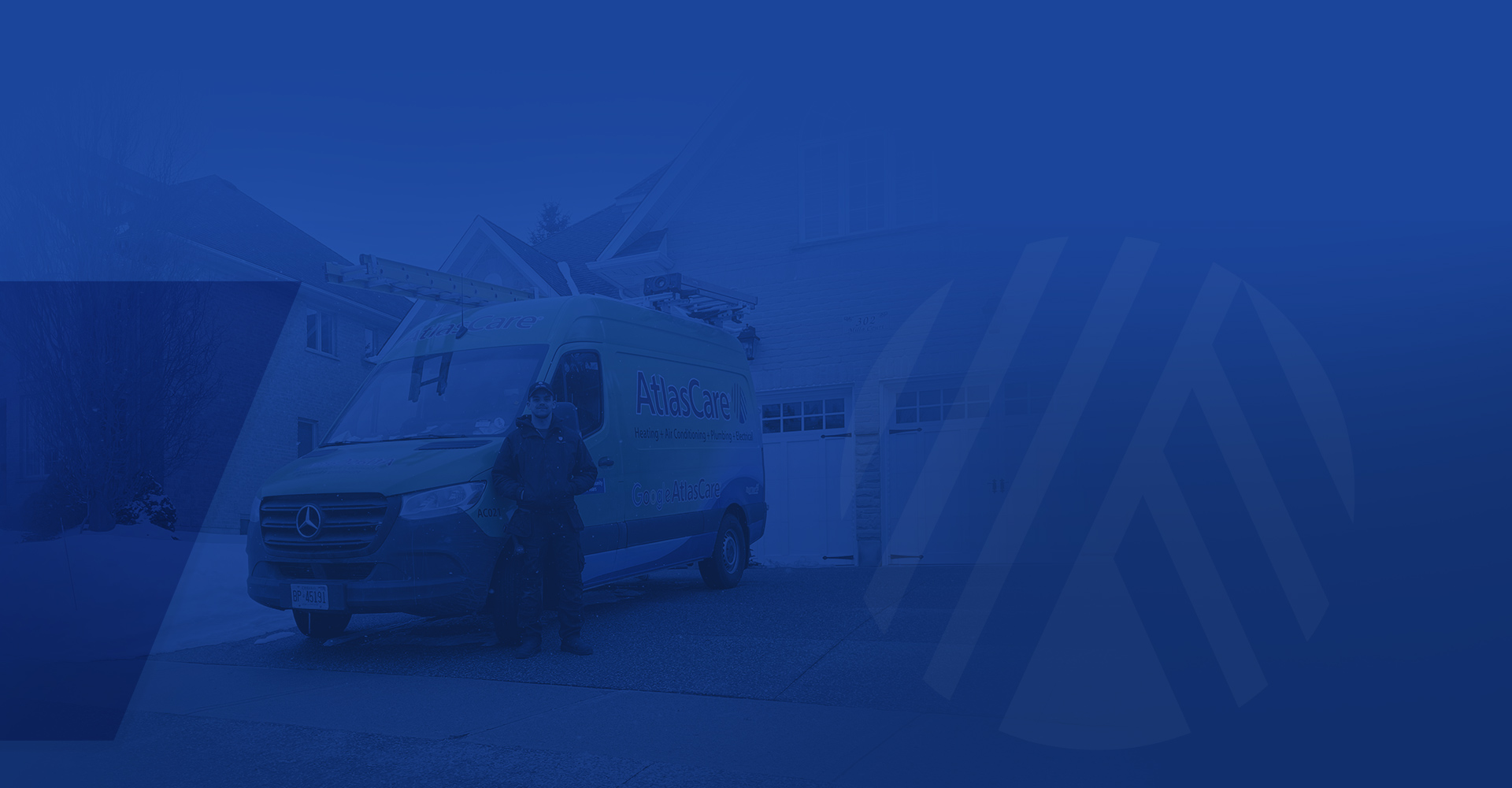How Keeping AC On Can Help You Save Money
Like most of us, you try to save a few extra dollars whenever you can – especially when it comes to major expenses like your hydro bill.
You might have even considered shutting down your central air conditioning off whenever you leave the house. But that would mean coming home to a stiflingly hot house after a long, summer day…which is not something anyone wants.
There’s been a lot of debate on this question of turning off the A/C to save energy. Your money is important, of course, but so is your family’s comfort! Is it really that much more efficient to switch off the air conditioning when you leave the house?
Let’s air out the facts on this issue.
Should I Turn Off my Air Conditioner to Save Money?
First thing’s first: the long-standing myth that turning off your air conditioner actually wastes more energy than it saves.
This theory posits that your air conditioner uses more energy just to power itself back on than you would save by switching it off. Were this true, leaving your air conditioner running would always be the more energy-efficient choice.
However, that theory doesn’t really hold true. It may have been true in the past, but the air conditioning systems we use today run most efficiently when they’re operating at full speed. If your A/C has been switched off for a few hours, it might make a bit more noise when you first switch it on – but it is still using less energy than it would had it been running all that time.
When you leave your air conditioner on, it will constantly consume power to keep your home cooler than the ambient conditions. As the temperature outside fluctuates, the system must work continuously to maintain that perfect temperature you left it on.
In short, keeping your air conditioner on all day during the summer will invariably cost more than it would to switch it on and off each day. Turning it off when the house is empty is definitely the more cost-effective way to run your A/C.
But there’s a catch: just because you can save energy this way doesn’t mean you should. There are definite drawbacks to cutting the power whenever you leave – namely, the humidity.
Why You Shouldn't Shut Your Air Conditioner Off Completely
You might picture your air conditioner as a machine that simply blows cold air into your home. But what’s really going on is a bit more interesting. Central air conditioners cool your home by removing heat and humidity from the space and then returning the conditioned air.
If you’ve ever looked inside your air conditioning unit, you’ll have noticed the evaporator coil – a square, metal component with tubes full of refrigerant. Below it you’ll find a drip pan, which collects the moisture the coil pulls from the humid air.
Your air conditioner doesn’t only cool the air down. It also removes excess moisture to make the air less humid. So, if the air is humid and you’re A/C isn’t running at all, you’re not removing any moisture at all – and you run the risk of damage caused by excess humidity.
What About Pets?
Do you share your home with a furry or feathered friend? You’ll want to keep them in mind when it comes to setting the temperature.
Although your home doesn’t heat up in the sun nearly as fast as your vehicle, unconditioned rooms can become uncomfortable or even hazardous to animals in the summer heat. For many of us, leaving our pets at home without air conditioning is simply not an option.
What's the Best Way to Run Your Air Conditioner?
So, you won’t save energy by leaving your air conditioning on all day. But you can’t just power it off completely, either. Is there a compromise?
1. Set a Smart Schedule with Your Thermostat
For most people, the simplest solution is to invest in a programmable thermostat. You can easily save approximately 15% on your energy bills just by scheduling a temperature adjustment while you’re away! Every degree makes a difference in your energy bill.
Programmable thermostats let you adjust the temperature throughout the day. Set a schedule to inch up the temperature just a few degrees while you’re away so the air conditioner is still running, but not at full blast. Just have the A/C ramp back up to your preferred temperature about half an hour before you come home!
Smart thermostats like the iComfort and ecobee4 have risen in popularity over the past few years. These devices give you complete control over your home’s central heating and cooling using a Wi-Fi or Bluetooth connection.
With a smart thermostat, you have even greater control over the level of heating in your home based on the time of day, weather and more. And if you happen to forget to set the temperature before you leave your home, you can do it remotely using your laptop or mobile phone (like the one you’re using right now!)
You can also use a smart thermostat see how much energy you’re using in real-time. This information allows you to be more energy efficient and save money!
Not only is this easier than shutting the air conditioner on and off…it means you’ll never have to come home to a hot, humid house.
2. Install a Two-Stage Air Conditioner
Another great option would be to install a two-stage air conditioner. While it’s not as quick and easy as installing a thermostat, a two-stage air conditioner will yield far greater energy savings in the long run – even if you do keep the A/C running.
A two-stage air conditioner like the Lennox XC21 has two levels of operations: high for hot summer days and low for milder days. The system would run on low stage for most of the day and increase to the second stage later in the afternoon when the heat is the greatest.
This gives you the best of both worlds: lower energy costs during the day, better humidity control and complete comfort in your home when you arrive from work.
Want to Spend Less on Air Conditioning?
Did you know you can lower your air conditioner’s energy use by up to 15% just by having the filter cleaned?
That’s why washing or replacing the filter is part of our 20-point precision air conditioner tune-up. Preventative maintenance is the key to keeping your A/C running efficiently. Contact our air conditioner specialists to learn more about how we can help you spend less on air conditioning this summer.






